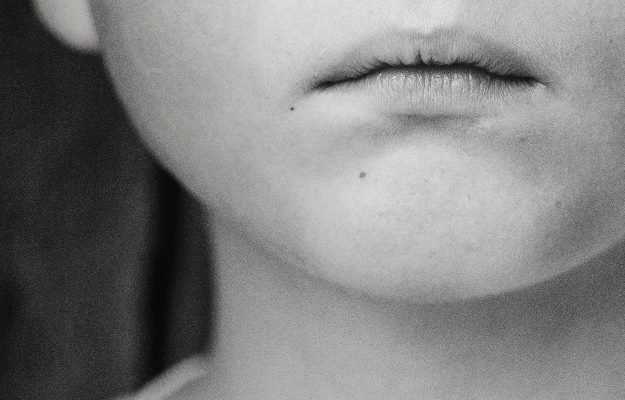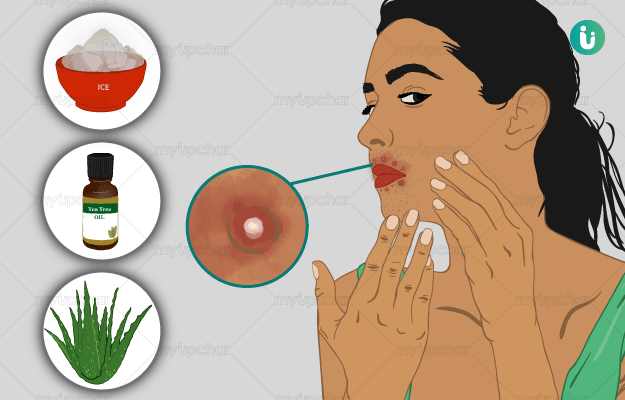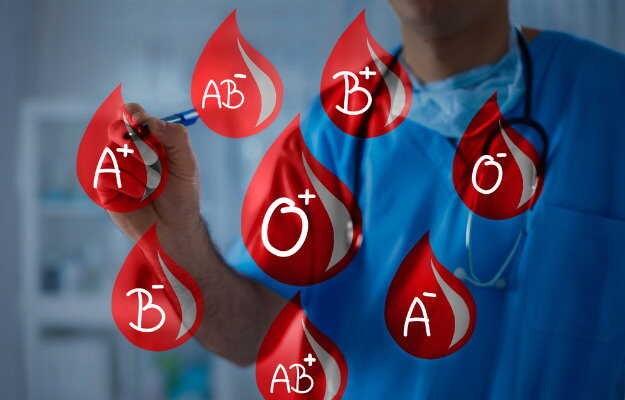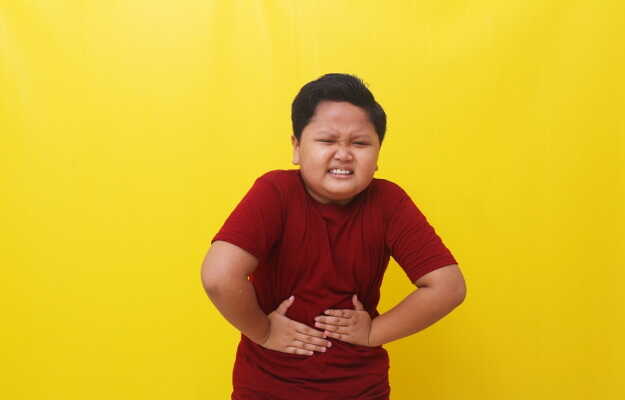What are cold sores?
Cold sores are small blisters filled with fluid, which can rupture or scab off eventually. Although most commonly seen on the corners of the mouth, they can be spotted on other parts of the face, hands or other areas of the body.
The infection is caused by a virus and is contagious.
What are its main signs and symptoms?
- Before the sore actually appears, you will feel some discomfort at that spot. Itching or burning are common sensations that you will experience, in addition to mild pain on touching the spot.
- Once completely formed, the sore has a fluid-filled centre containing a yellowish fluid, which oozes out if pressed.
- When the blister ruptures, it leaves behind a small sore, which scabs off. These sores usually last for up to a week.
- If the viral infection is too severe, you may develop a fever, lymph node swelling and gum discomfort along with these sores.
- Cold sores can spread to the genitals by oral sex.
What are its main causes?
- Herpes simplex virus (HSV) is the organism that causes cold sores. There are two types of HSV – HSV-1 and HSV-2.
- HSV-1, otherwise called herpes simplex labialis, commonly affects the mouth and surrounding areas, while HSV-2 causes sores on or around the genitalia.
- The virus can be transmitted from person to person by kissing and sharing towels, lip balm, utensils and other personal items.
- Recurrence is common since the virus remains dormant in the nerves. This is triggered by factors like a weak immune system, sun exposure, stress and hormonal fluctuations.
How is it diagnosed and treated?
- The physician can usually make a diagnosis just by looking at the sores, and confirm by testing the fluid in the centre of the blister.
- An infection will also elevate your white blood cell count.
- Anti-viral medications are the key to treating cold sores.
- The medicine can be prescribed as an oral pill, and in severe cases, like an injection.
- Topical creams help to relieve the symptoms of itchiness and burning.
- The patient is advised to avoid sharing any personal items and prevent contact through kissing and sexual intercourse.

 Doctors for Cold Sores
Doctors for Cold Sores  OTC Medicines for Cold Sores
OTC Medicines for Cold Sores
 Cold Sores articles
Cold Sores articles

 Home Remedies for Cold Sores
Home Remedies for Cold Sores






 Dr. Laxmidutta Shukla
Dr. Laxmidutta Shukla











